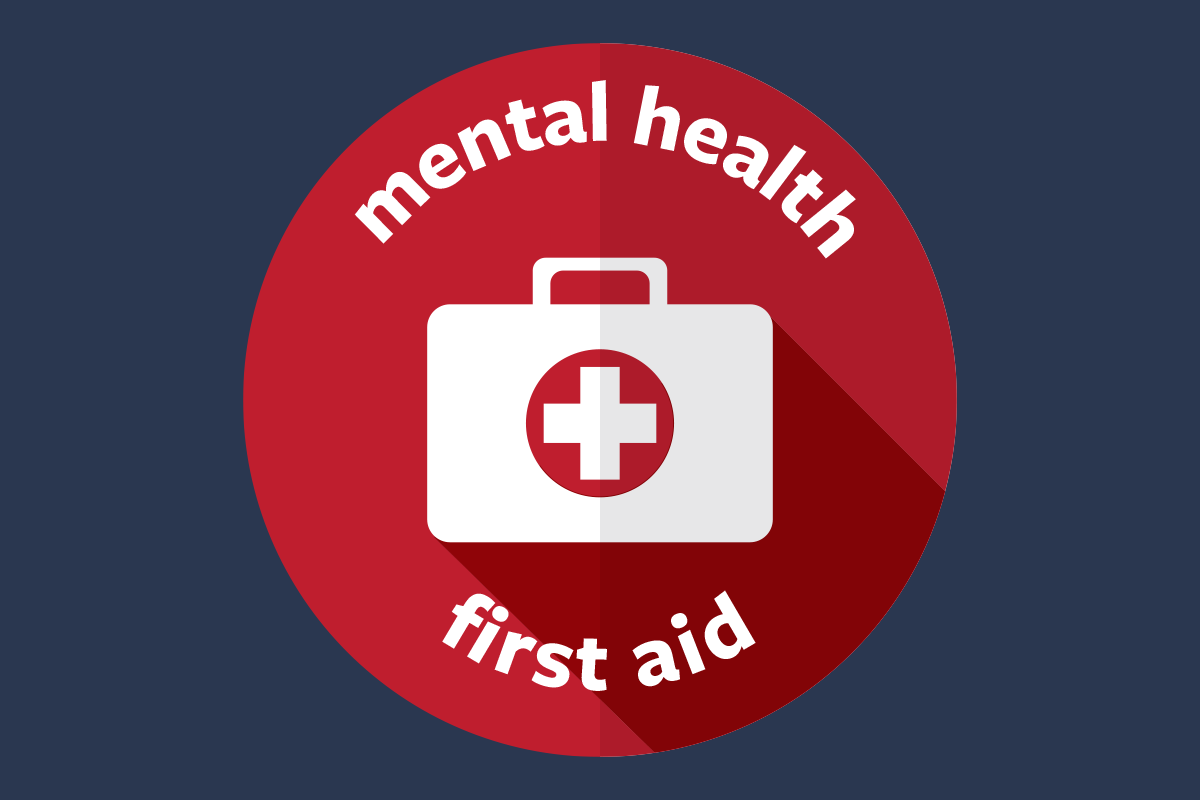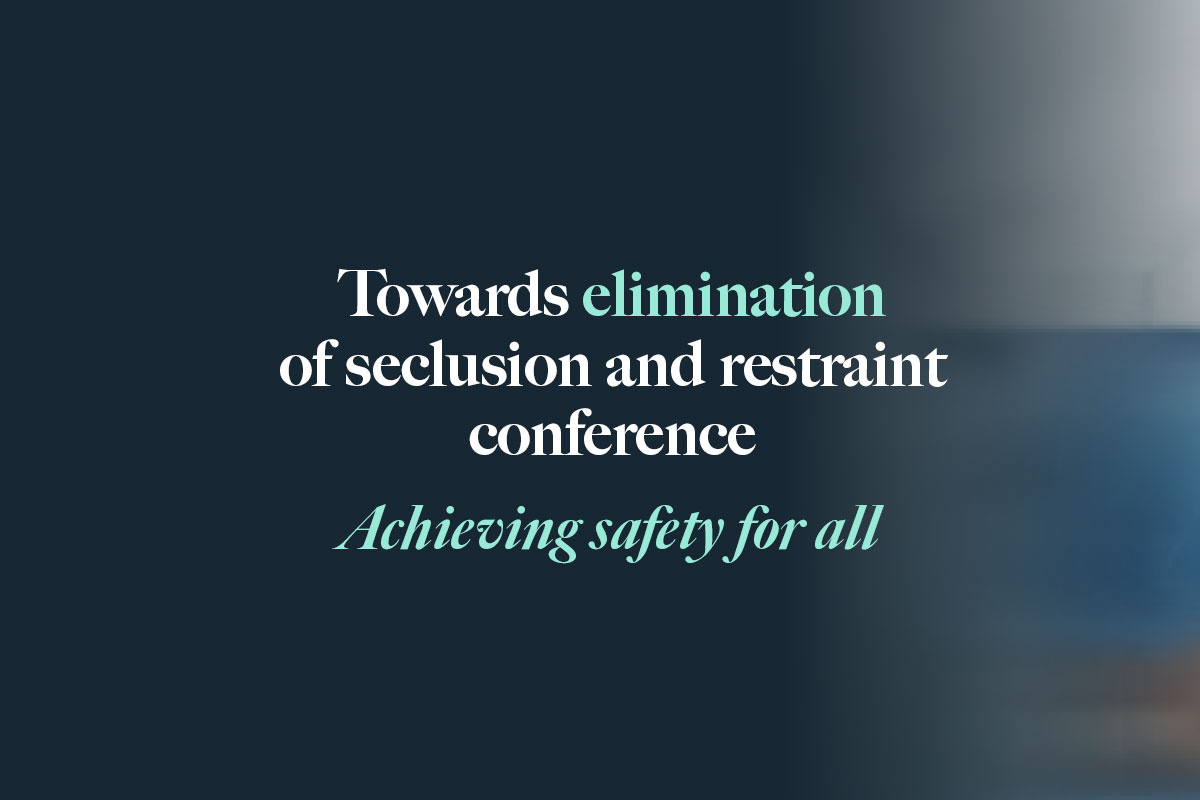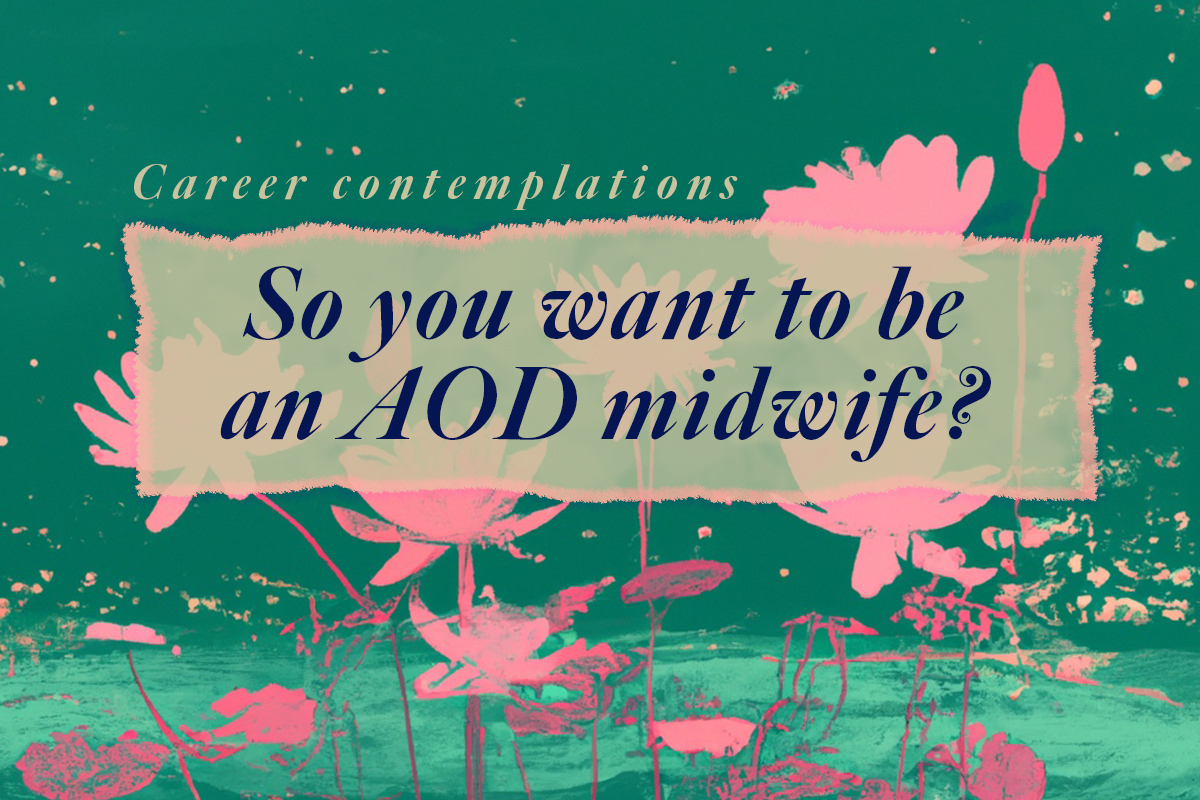
Recognising mental health issues in patients and knowing how to appropriately care for someone with a mental health illness is critical in providing excellent and patient-centred health care.
Whether you work in an emergency department, aged care, midwifery, addiction management or, indeed, any other form of health service, you are bound to encounter patients with varying degrees of mental health issues.
Some may be mildly anxious or deeply depressed. Others may be in acute psychosis, or perhaps suffering from a personality disorder.
The ANMF (Vic Branch) is offering three separate workshops this year to help nurses, midwives and personal carers understand basic features of mental health illnesses and learn practical strategies for caring for people who may be anxious, depressed, delusional or, experiencing psychosis.
Led by the highly experienced mental health and relationships counsellor, Diana Anderson, the workshops provide an overview on the theory and practice of mental health, before focusing more closely on mental health illnesses that are more prevalent in certain areas of health practice.
Workshops participants will practice strategies and techniques to effectively assist the affected person, and to keep themselves safe, until either the crisis is resolved, or professional help arrives.
Ms Anderson’s next two-day workshop, on 9 and 23 October, will discuss the signs and symptoms of mental health illnesses, so that participants can be alert to early warning signs.
Mental health first aid for midwives and MCH nurses
In November, Ms Anderson will present two specialist, interactive one-day workshops on mental health. The first, on 15 November, is designed for midwives and maternal and child health nurses. It will consider pre- and post-natal mental illnesses.
Ms Anderson says anxiety, depression, psychosis and suicidal ideation can present in pregnant women, first-time mothers and experienced mothers. She suggests that, unless accompanied by adequate planning and support, the modern practice of swiftly discharging women from hospital after they have given birth, but sometimes before they have adapted to breast-feeding their babies, can cause extra anxiety.
‘Managing all the new issues associated with having a new baby while juggling partnership or relationship problems, and all the social expectations around having a baby – these can cause great anxiety for a new mother,’ Ms Anderson says. ‘And sometimes, there are our own experiences of parenting – just remembering how we were treated by our parents can bring up a whole range of issues for a new mother.’
‘Sometimes the transition from hospital is not well done,’ she says. ‘So, there are issues around coping with the sudden transition as well as how parenting affects relationships with partners or husbands.’
Mental health first aid for aged care nurses and carers
The second one-day specialist workshop, on 20 November, will focus on aged care, one of the biggest sectors affected by mental health concerns. Anxiety, depression, suicidal ideation, dementia and aggression often feature in aged care.
‘Not everybody will have dementia, obviously,’ Ms Anderson says. ‘But quite a lot of aged people have anxiety, and very serious anxiety, because they may be out of their routine environment, out of their own home.’
‘And there are a lot of losses that you deal with when you get older. There is the loss of home, the loss of friends and relatives, people you have known, the loss of physical ability to do things, the loss of memory and mental capacity.
‘And, really, what we are talking about here is a loss of independence, a loss of privacy, loss of autonomy – being told that you have to eat at a certain time or get out of bed at a certain time.’
Ms Anderson says an important strategy is, ‘to empower the person by giving them choice’. Instead of pulling the sheets off an elderly person, for example, and telling them to get up when the rest of the residents do, a more personable approach would give them choice about how they rise in the morning.
The October two-day workshop on Mental Health First Aid and the 20 November workshop on Supporting Mental Health Aged Care Workers are both open to registered and enrolled nurses and personal carers. The 15 November workshop for midwives and maternal and child health nurses is open to registered nurses, midwives and MCH nurses.




